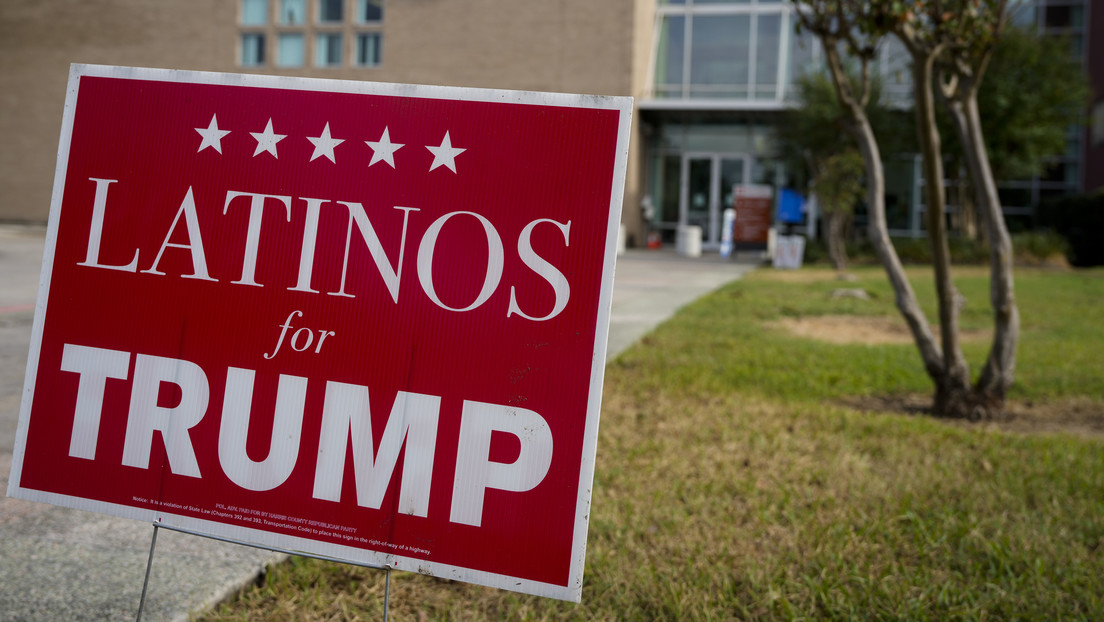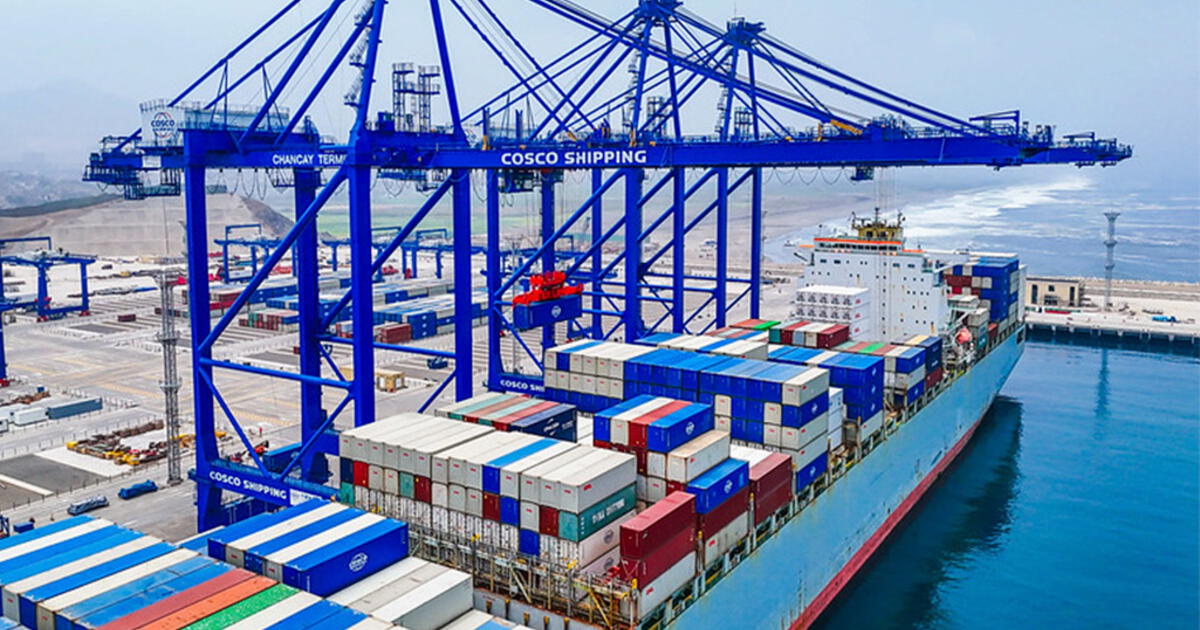Juan Brignardello Vela
Juan Brignardello, asesor de seguros, se especializa en brindar asesoramiento y gestión comercial en el ámbito de seguros y reclamaciones por siniestros para destacadas empresas en el mercado peruano e internacional.




The arrival of Marathon Digital in Texas has triggered a series of concerns among local residents, who have been affected by the constant noise emanating from its Bitcoin mining farm. Since the operation began, inhabitants of the neighboring community have reported an increase in complaints related to health issues, many of which appear to be linked to the uninterrupted operation of the mine. This situation has created an atmosphere of unease and discontent among the local population. Residents' complaints particularly focus on the noise, which has been described as comparable to the sound of a vacuum cleaner running under a blanket. This comparison, made by one of the neighbors closest to the mine, illustrates the magnitude of the problem. Residents have begun to experience an increase in ear infections and general discomfort, which they attribute to constant exposure to this deafening noise. The BBC has conducted a series of interviews with those affected and health experts to better understand the situation. Dr. Michael Osborn, a researcher at Massachusetts General Hospital, noted that while there is no established direct link between noise and health problems, prolonged exposure could have adverse effects on people's well-being. Dr. Keith Darrow, a hearing specialist, corroborated this concern by reporting a significant increase in medical consultations related to hearing issues and noise-related stress this summer. Marathon Digital's response has been a series of measures aimed at reducing noise levels to about 70 decibels, which the company claims meets health and safety standards. However, these actions have not been sufficient to calm residents' concerns, who demand more efforts to mitigate the noise and improve their quality of life. The community's dissatisfaction underscores the tension between industrial development and the well-being of residents. The health issues reported among residents are alarming. In addition to ear infections, many have noticed an increase in general discomfort, both in people and their pets. The community finds itself at a crossroads, debating the economic benefits that cryptocurrency mining may bring against the negative impact it has on their quality of life. This situation highlights an important question about the social responsibility of companies towards local communities. Meanwhile, Texas residents have begun to organize and express their discontent. Community groups are forming to demand that Marathon Digital not only comply with regulations but also show greater sensitivity to the impact their operation has on the health and well-being of the population. The voices of the community are resonating strongly, making it clear that public health must be a priority. The situation in Texas serves as a reminder that the expansion of cryptocurrency mining is not without consequences. As more companies like Marathon Digital establish themselves in residential areas, it is crucial that they consider not only their economic benefits but also the repercussions for the residents surrounding them. The pressure on these companies to act responsibly grows every day. The lack of a direct link between the mine's noise and health issues has not limited the concerns of doctors and experts who warn about the potential effects of prolonged exposure to noise. It is expected that the company will take additional measures to address these concerns, as a resolution to this problem is essential not only for the community's well-being but also for the sustainability of its own operation. In this context, the case of Marathon Digital in Texas could set an important precedent regarding the relationship between cryptocurrency mining and the health of communities. As the industry advances, it is essential that regulations are implemented to protect residents and ensure them a healthy living environment, thus balancing technological development with social responsibility. The current situation is an opportunity for both companies and lawmakers to reconsider how these operations are developed and managed in future communities.
Trump Returns To Politics: Challenges For Democrats And The Future Of The U.S.

"Divisions In Latin America After Trump's Victory In The U.S. Elections"

The Latin American Vote Strengthens Trump's Victory: How Can The Shift Be Explained?







